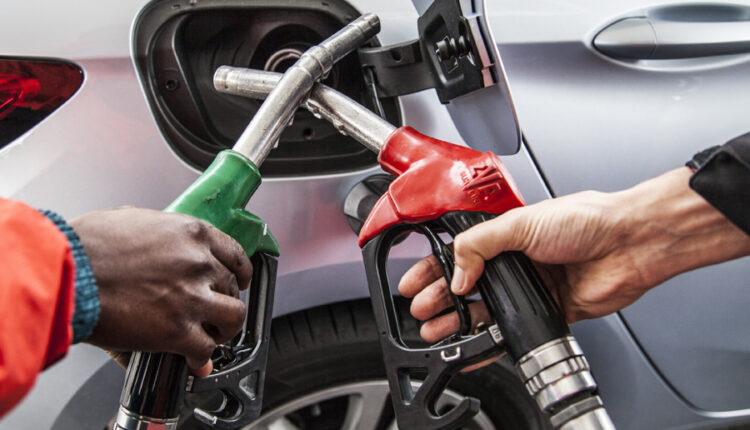Fuel prices to hit GH¢7 per litre by close of year – IES predicts
Fuel prices could hit GH¢7 per litre by the end of the year, the Institute of Energy Security (IES) has said.
On Saturday, June 19, some Oil Marketing Companies (OMCs) began adjusting their pumps, selling petrol and diesel at GH¢6.23 per litre.
The 3 per cent increment is attributed to rising commodities on the international market.
Reacting to the increment, the Executive Director of the IES, Nana Amoasi VII, said:
“We have projected that by the next six months, we will buy a litre of approximately or close to GH¢7 if things continue the way it is going.
“Unfortunately, this is what we will arrive at. Unfortunately, this is not what we expect to see,” he said. “Per our projection, there was a clear indication this was going to happen. Largely, we are importers of petroleum products and the quantities we consume in a day is far in excess of what TOR produces.
“Last year, we sought for more than 95 per cent of our product, and so anytime you see the price of crude oil going up, it has the corresponding impact on petrol, diesel and the like.”
According to Nana Amoasi VII, there are internal mechanisms to cushion Ghana against price shock.
He said revamping the Tema Oil Refinery (TOR) and effectively using Bulk Oil Storage and Transportation (BOST) will reduce consumers’ weight.
“The Bulk Oil Storage and Transportation (BOST) is supposed to store especially in periods that the country has low oil pricing, so, for the next six or 12 weeks, whether we import or not, BOST has enough product to give to us, but this mechanism has also broken down,” he said in an interview with Onua FM.
Tax increments
The National Petroleum Authority (NPA) announced a 17 pesewas per litre increment, resulting in fuel prices beyond GHC 6 per litre for some Oil Marketing Companies (OMCs).
However, the NPA announced a downward review after meeting with stakeholders.
“The 17 pesewas per litre increase in fuel margins previously announced by the NPA has been reduced to 9 pesewas per litre effective tomorrow Wednesday 5th May 2021,” a communique by NPA said.
The increment was due to taxes that the government had imposed during the 2021 budget.
Crude oil-producing country importing fuel for use
Despite the country producing oil in large quantities, the lack of refineries has prevented the country from enjoying lower prices of finished products.
As of September 2020, crude oil production capacity in Ghana was 196,000 barrels per day.
Addressing a meeting with 20 international oil companies in Norway, Finance Minister Ken Ofori-Atta indicated that Ghana could hit 500,000 barrels per day by 2025.
However, Ghanaians continue to buy fuel at exorbitant prices due to importation and taxes slapped on the commodity.
What can be done to address the situation?
The COPEC-Ghana Executive Secretary told theghanareport.com, “We have a local refinery that we could have leveraged to get some fuel security at lower prices, but unfortunately, we don’t think there is the political will to refurbish the Tema Oil Refinery”.
Mr Amoah observed a fully functional refinery would cut the logistical cost, which adds to the price build-up by exporting crude to Europe to be refined before importing back to Ghana.
“The need to get TOR back on stream and the need for political interference to be stopped holds the key for all for us,” he underscored.
Additionally, he cited the Bulk Oil Storage and Transportation Company Limited (BOST) failure in executing its mandate.
Mr Amoah explained that BOST is supposed to store huge volumes of fuel and release to the market to level prices and to check shortages “without overstretching the already burdened Ghanaian taxpayer”.
However, “we do not see that function of BOST, and they are now focusing on trading…which was not the purpose of the BOST Act but to hold strategic stock”.



